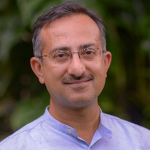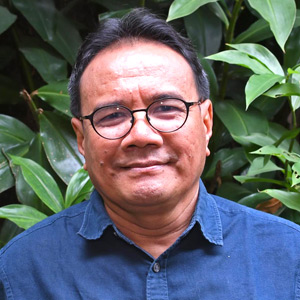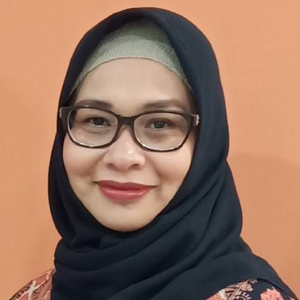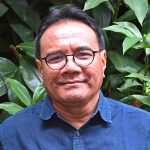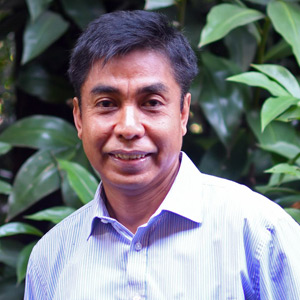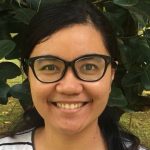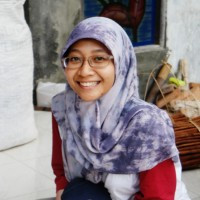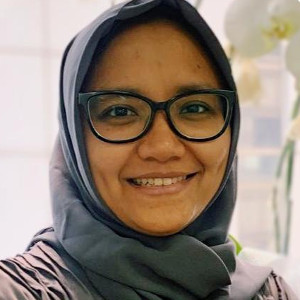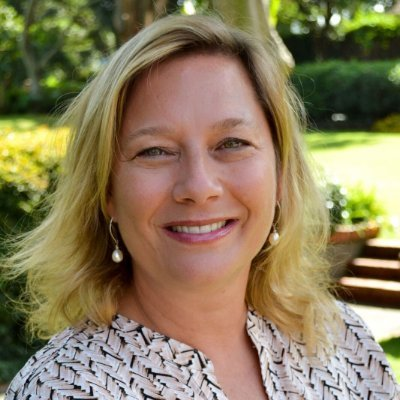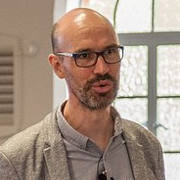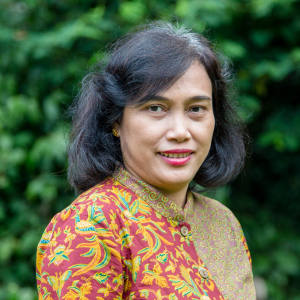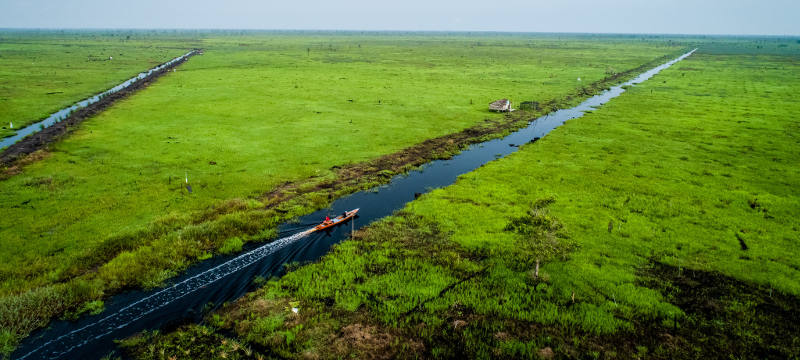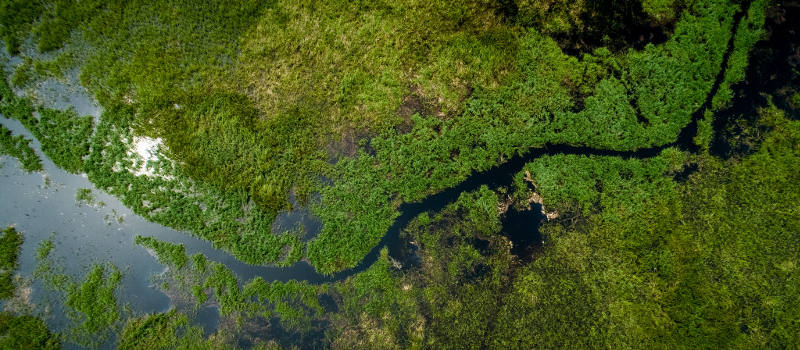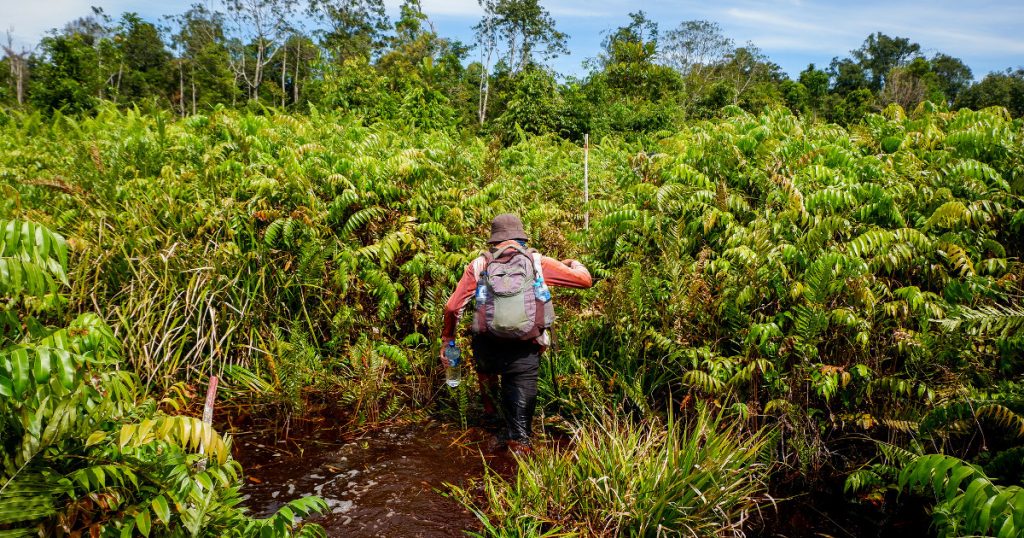
Motivation
Restoration of peatlands entails deliberate actions that initiate or accelerate the recovery of a degraded peatland to its former better state. Peatland restoration involves measures designed to change ecosystems that have been impoverished, damaged or degraded due to human activity, and revert them to a state similar to, or as near to their natural state as possible through the re-establishment of some of their ecological processes and functions.
Peatland restoration in Indonesia is mainly coordinated by a dedicated governmental agency: the Peatland and Mangrove Restoration Agency or Badan Restorasi Gambut dan Mangrove (BRGM), known as BRG until 2021. A series of steps and actions that guide peatland restoration is underpinned by strategies that target future sustainable land use and management, social justice, livelihoods, governance and conflict resolution. Restoration activities include rewetting drained peatlands (by back-filling and blocking canals), revegetation of landscapes and revitalizing communities (by supporting sustainable livelihood development) and avoiding land clearing by fire. By 2020, BRG had coordinated peatland restoration activities in seven provinces: Riau, Jambi, South Sumatra, West Kalimantan, Central Kalimantan, South Kalimantan and Papua.
Long-term successful and effective peatland restoration needs monitoring efforts that can inform design, strategy, site selection and management approaches, as well as improve restoration efforts through required adjustments. Availability of tested protocols or standard tools to help assess the outcomes of restored ecosystems can help practitioners determine peatland restoration successes and failures. Specifically, having simple, easy to recognize and measurable monitoring indicators is helpful for peatland restoration stakeholders. In this context, CIFOR – with support from BRGM, Riau University’s Disaster Risk Study Centre or Pusat Studi Bencana (PSB) and PT Rimba Makmur Utama (PT RMU) as well as consultations from several national and international peatland experts – has developed a scientifically robust, reliable and practical set of criteria and indicators (C&I) to help assess the progress and outcomes of peatland restoration efforts. Issues that are important for peatland restoration can be divided into four major categories: biophysical, economic, social and governance. The C&I approach aims to recognize and incorporate attributes from all four aspects to allow nuanced understanding of all facets of a peatland, particularly assessing the local context.
Objectives
The specific objective of this workshop is to bring together policymakers, practitioners and civil society to work together towards effective peatland restoration. This workshop will allow participants to:
- Share standardized criteria and indicators that can be used to monitor outcomes of restoration in tropical peatlands;
- Share methods and outcomes of the verification process during the finalization of criteria and indicators, and development of practitioners’ manual for this approach;
- Discuss challenges around standardizing data collection and reporting methods, and options for developing and measuring social, economic and governance indicators;
- Discuss potential challenges and opportunities for adopting and adapting C&I approaches for the regional and social contexts of other tropical peatland countries.
Expected outputs
Participants will gain knowledge of criteria and indicators, with potentially new ideas for using them in national monitoring schemes, projects and research on peatlands. Through deliberations and discussions, there can be avenues to develop new/modified indicators for different types of peatlands and understand some of the challenges of standardizing data collection, including methodological and reporting issues. There will be greater appreciation and acceptance of the challenges of measuring social, economic and governance indicators, which may require the triangulation of qualitative methods. Specifically, the workshop will lead to:
- Exchange of knowledge through interactive discussions on scientific ways to use C&I approaches for peatland restoration monitoring and evaluation;
- A workshop report including records of each session and plenary discussion, a detailed list of participants, results of the participants’ feedback survey, etc.;
- Recommendations for implementing C&I and a manual for peatland restoration;
- Suggestions for improving sections of the manual to make it more versatile and easy to implement, and modalities for its continued use.
Organization, date and participants
The event, organized by CIFOR, with partners such as Global Peatland Initiative and FAO, will take place on 7 July 2022. It is planned as a virtual event conducted via Zoom with interpreters available for both Indonesian and English-speaking audiences.
The workshop is designed for 40–50 participants representing relevant government agencies, the private sector, civil society and academia, but is also open for members of the public through registration. Invitations will be extended to participants representing member countries of the International Tropical Peatlands Center (ITPC) as well as to our initial partners/supporting organizations/institutions: GPI, FAO, Riau University and PT RMU.
———
Contact
Rupesh Bhomia (r.bhomia@cgiar.org)
Bahasa Indonesia and English translation available.
We will have an opinion polling by using Slido. To learn more about Slido, please click here.



















